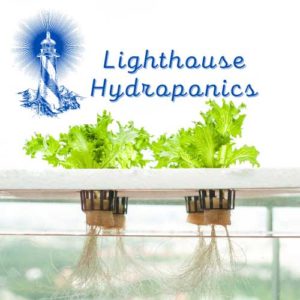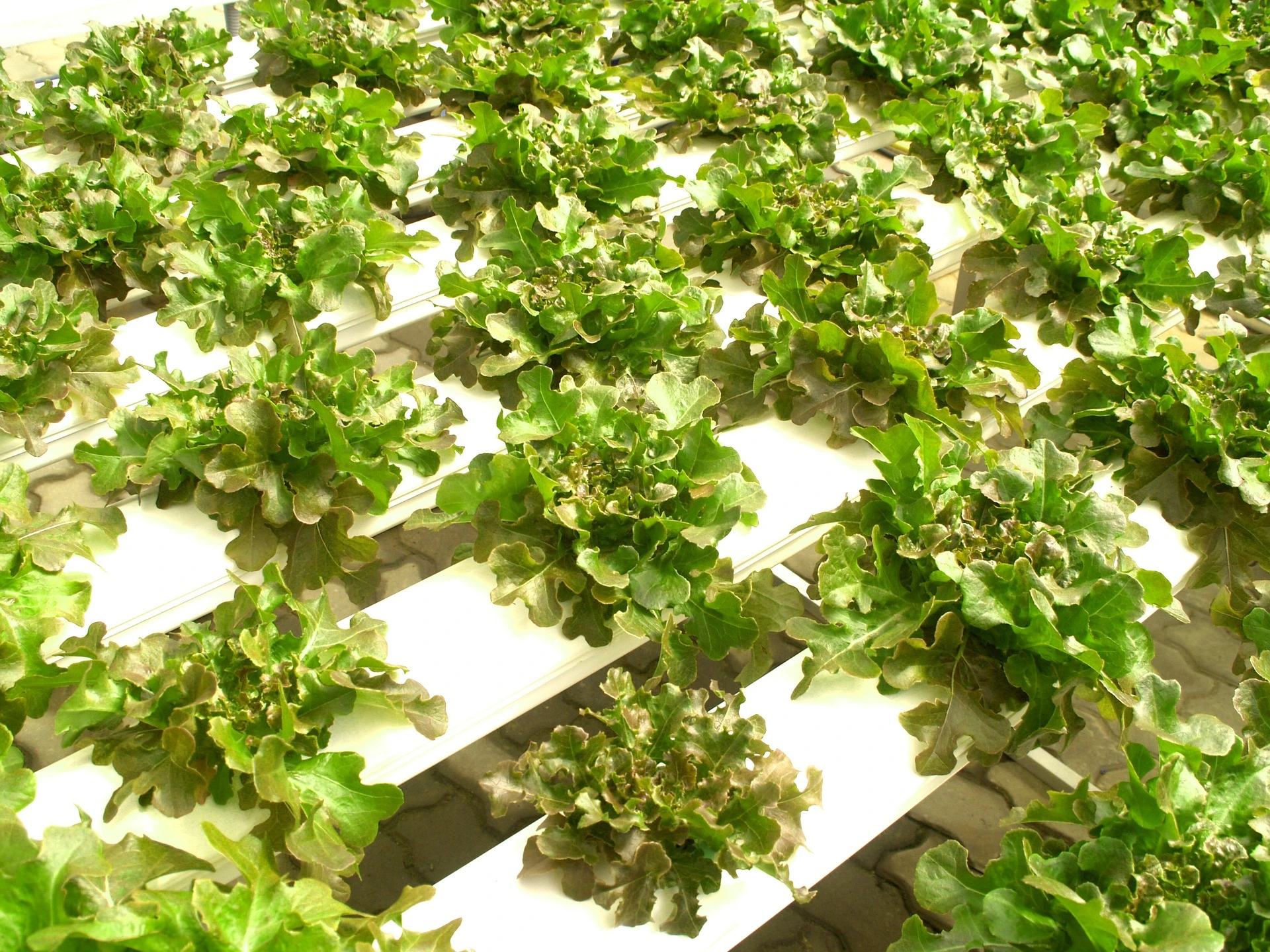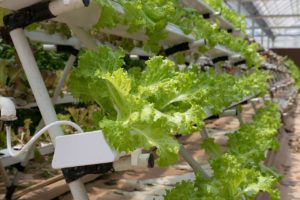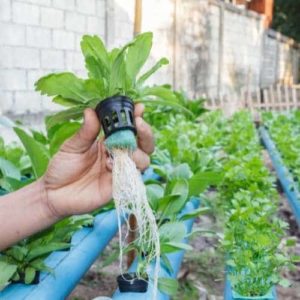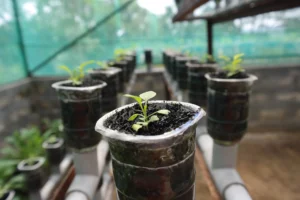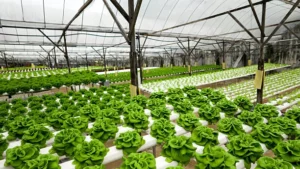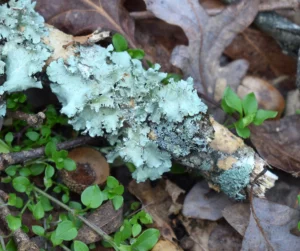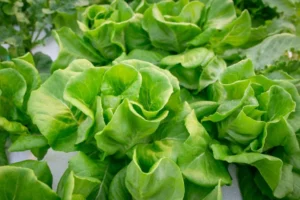Hydroponics is an ancient method that has been used for thousands of years. Ancient Egyptians were among the first to use hydroponics over 5,000 years ago. They would plant wheat in pots filled with water and sand.
The roots of these plants were submerged in the nutrient-rich solution which was created by adding water, air, and minerals to the sand bed. This helped to increase the efficiency of their farming methods because they were able to produce more crops per acre than they would have been able to if they were using soil-based farming methods.
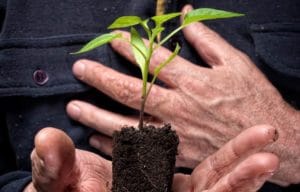 What Does The Future Require From Agriculture
What Does The Future Require From Agriculture
The future of agriculture requires that it uses resources more efficiently and increases crop yield per acre.
This will be done by using technology such as smart farming systems that help farmers know what needs to be done at any given time.
We also need to develop crops that are resistant to different types of events such as drought or pests.
Hydroponics Provides A Way Of Growing Plants More Efficiently Without Soil
It uses mineral nutrient solutions and controlled water and air to allow plants to grow. Hydroponic systems use much less water than traditional soil-based systems, which helps reduce the amount of runoff and water waste.
Unlike soil-based farming, hydroponics doesn’t require pesticides to protect the crops.
In the past few decades, hydroponics has been getting attention for its potential in sustainable agriculture. It helps reduce the use of pesticides and herbicides while ensuring soil quality due to the lack of need for tilling or digging new land regularly.
This type of farming can provide a solution to global food production problems because it requires less space and water than traditional methods. This method also produces more yields per square foot than any other type of farming method that exists today and when done correctly, it uses less energy than most other methods.
Hydroponics Can Help With Food Supply
With the exponential growth of the population, the food supply is continually shrinking. This causes a huge concern as people are less able to get sufficient amounts of nutrients.
How can we solve the world hunger problem? In a way, hydroponics is the answer.
Hydroponics produces higher yields by providing uninterrupted plant growth. Compared to conventional techniques, hydroponics offers greater flexibility and control over the plants’ environment and gives the plant the nutrients it requires for growth and for yielding crops in an effortless way thus allowing the plants to preserve much of their energy for the growth itself, leading to increased productivity and decreased costs.
Hydroponics Requires Less Space
The growing of vegetables in hydroponics has been a great way to produce more food in less space. Not only does this method not require any soil, but it can be used in small spaces where no soil is available or in places where soil cannot be found or safely accessed.
Hydroponics can be easily used to grow vegetables and fruit in vertical gardens, which enables a more space-efficient and sustainable plant system in a controlled environment.
With Hydroponics Flat Owners Can Have A Garden
Flat owners who may not be fortunate enough to have a garden or access to a backyard often find themselves lacking if they want to grow fresh produce.
Hydroponics gives city dwellers, such as those living in flats or rented apartments, the chance to grow fresh produce while living in the city.
Since hydroponic systems do not need soil, they provide an easy way to grow vegetables and other plants in vertical gardens on one of their walls – especially if the apartment has a balcony that can be converted into a hanging garden.
Conclusion
In the future, when we will have less available space to grow our food, and more people may want to grow their own vegetables and fruit, we will continue to see more and more gardeners and farmers turning to hydroponics for an environmentally safe, sustainable, and even cheap solution.
